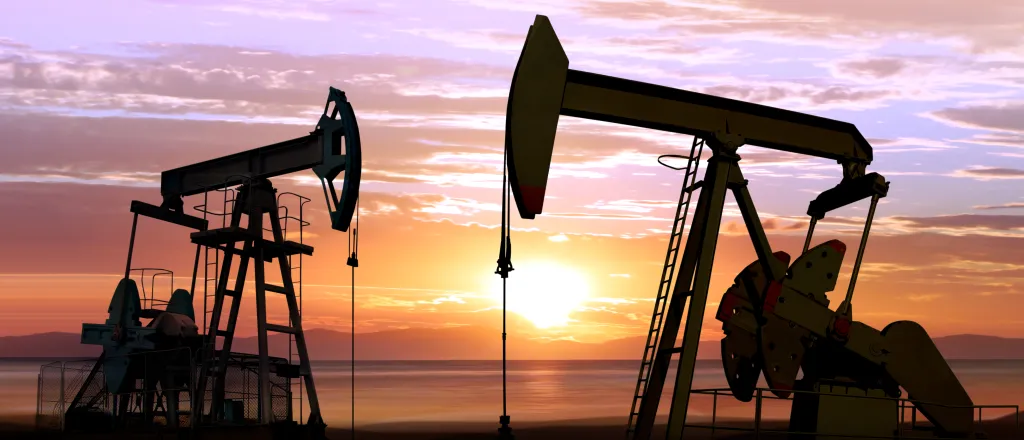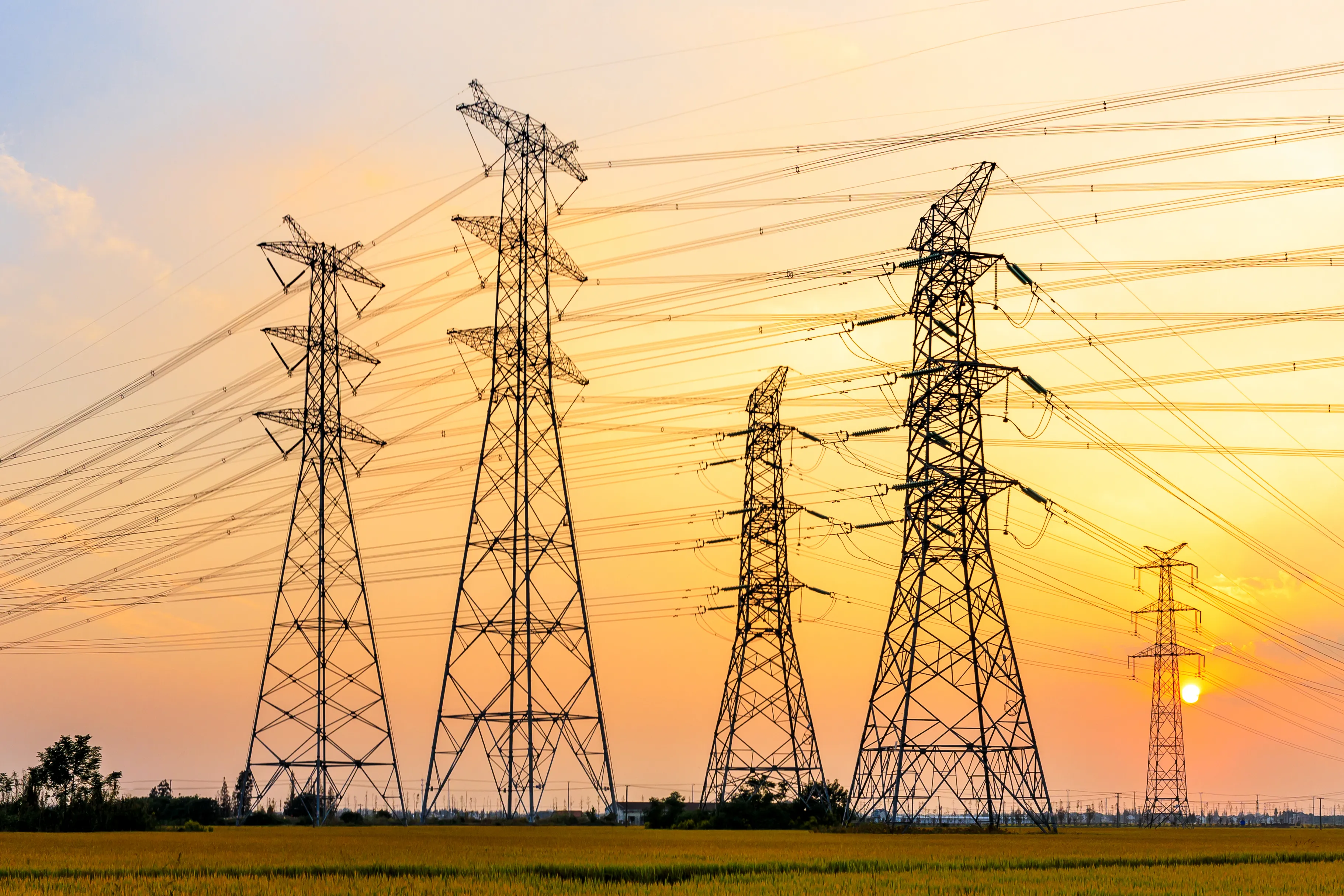
Poll: Nevadans oppose ramping up oil, gas development
Click play to listen to this article.
The U.S. House Committee on Natural Resources will consider reversing Biden-era restrictions on oil and gas leasing in states like Nevada on Tuesday.
New polling found most Nevadans are opposed to proposals which could green-light more drilling.
Last year, the U.S. Forest Service announced plans to ban oil and gas development on public land in the Ruby Mountains for up to 20 years. The proposal was reversed by the Trump administration as it aims to prioritize domestic energy.
Russell Kuhlman, executive director of the Nevada Wildlife Federation, said the poll showed most Nevadans are not in agreement.

"Our habitat and wildlife populations are starting to show that ignoring conservation, sustainability and sound science have a price," Kuhlman explained. "That is why we can no longer prioritize these activities that do not make sense on our public lands, while letting our wildlife and our habitat degrade and assume everything will be there for future generations."
Kuhlman acknowledged Nevada's public lands have been targeted by Trump in the past. As a result, Nevada Senator Catherine Cortez Masto, D-Nev., has reintroduced legislation to restrict oil and gas extraction on land around the Ruby Mountains. The poll found more than seven in 10 Nevada voters believe drilling should be limited to areas where there's "high likelihood" of producing oil and gas.
Kuhlman would like to see the Bureau of Land Management's "multiple use doctrine" upheld. The rule requires the agency to balance conservation and extraction on public lands but has been targeted by the White House. Kuhlman argued research indicates Nevada does not have untapped fossil fuel resources.
"If those areas coincide with low wildlife conflicts, our organization, as well as most Nevadans, would say, 'Yes, let's responsibly develop that,'" Kuhlman stressed. "But we should not be putting mandatory lease sales for oil and gas in areas that don't have oil and gas."
David Willms, associate vice president of public lands for the National Wildlife Federation, said as policymakers push to expand energy production, the poll showed voters do not want to reduce bonding rates for energy developers.
"So that industry and not taxpayers are paying for cleanup after development," Willms underscored. "This really is a timely discussion, and the results of this polling couldn't be more timely and applicable."















